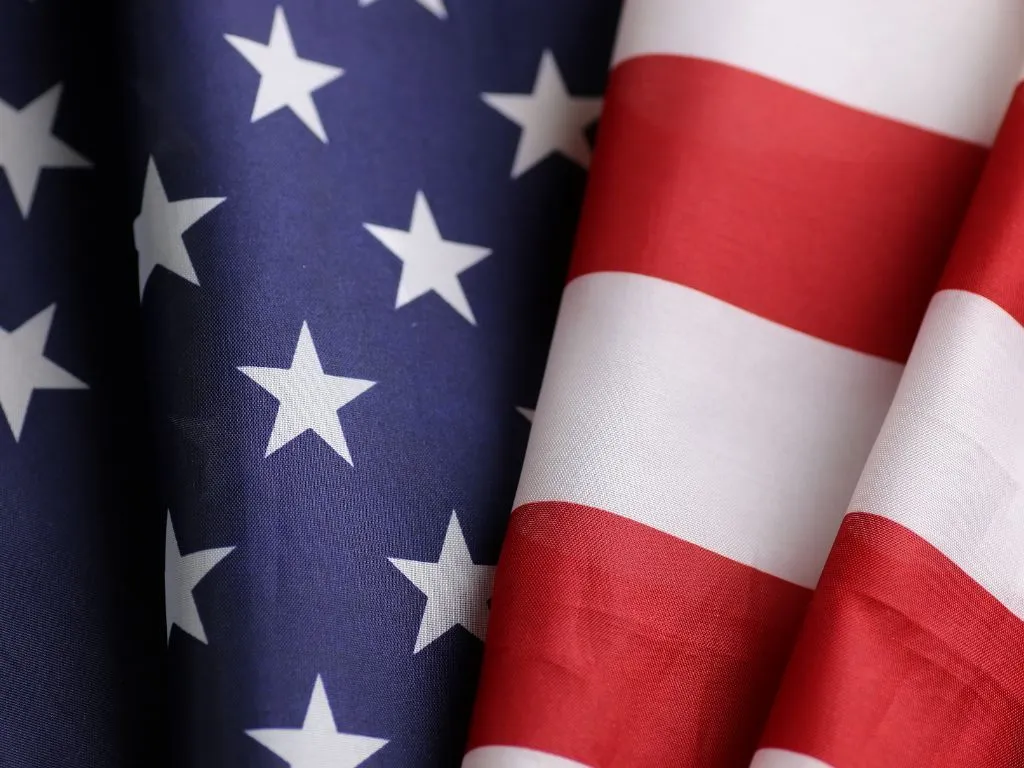- Home
- GPC USA
USA - Home
Login
Forget Password
News

EPA Releases Draft TSCA Risk Evaluation for D4
Sep-26-2025
On September 17, 2025, the U.S. Environmental Protection Agency (EPA) has released a draft risk evaluation for Octamethylcyclotetrasiloxane (D4) under the Toxic Substances Control Act (TSCA). The agency’s initial findings indicate that D4 may pose unreasonable risks to human health and the environment under certain conditions of use.
Key Findings: Risks to Human Health
EPA identified 23 conditions of use (COUs) where workers face potential risks, particularly during the manufacture of D4 and in processing activities involving adhesives, sealants, paints, and coatings. In addition, one consumer COU involving D4 in paints and coatings was flagged for unreasonable risk.
The draft evaluation clarifies that these determinations do not assume the use of personal protective equipment (PPE). While PPE may reduce exposure, EPA emphasizes that risk exists without its consistent use. Importantly, no unreasonable risks were identified for the general population.
Key Findings: Environmental Risks
EPA’s draft evaluation also highlights seven COUs where D4 could pose risk to the environment. For another 18 environmental COUs and two human health COUs, the agency has not yet reached preliminary conclusions.
Scientific Insights
The draft incorporates recent studies on bioaccumulation and biomagnification of D4. Studies show D4 can accumulate in aquatic organisms but has a low likelihood of biomagnifying through the food chain, as fish are able to metabolize ingested D4. These findings suggest that while exposure occurs, accumulation across trophic levels may be limited.
Public Comment and Review
EPA is inviting public comments until November 17, 2025, through docket EPA-HQ-OPPT-2018-0443 on Regulations.gov.
Two public meetings are planned:
- Preparatory meeting – November 18, 2025
- Peer review meeting – December 2–5, 2025, led by the Science Advisory Committee on Chemicals (SACC)
Participants may submit written feedback or request to present oral comments by the deadlines listed on the SACC website.
Next Steps
Following the comment period and peer review, EPA will finalize the risk evaluation. If unreasonable risks are confirmed, the agency may propose risk management actions to reduce exposure to D4 in workplaces, consumer settings, and the environment.

EPA Finalizes Rule on Hydrofluorocarbon (HFC) Phasedown
Sep-16-2025
The U.S. Environmental Protection Agency (EPA) has issued a final rule under the American Innovation and Manufacturing (AIM) Act of 2020, detailing how certain industries may continue to use hydrofluorocarbons (HFCs) in specific applications.
HFCs are powerful greenhouse gases, and this action is part of the U.S. strategy to phase down their production and consumption to mitigate climate change.
What the Rule Covers
The final rule:
- Reviews six applications that currently receive special allowances to use HFCs.
- Determines which of these applications will continue to be eligible for allowances going forward.
- Updates the process for how industries can petition EPA to request eligibility for new applications in the future.
- Revises the HFC allocation method for allowances from 2026 onward.
- Authorizes one company to produce regulated substances for export.
- Finalizes confidentiality rules for certain newly reported information.
Key Takeaways for Businesses
The rule has several key takeaways for industry stakeholders:
- Priority Access: Only applications that meet EPA’s criteria will continue to receive allowances for HFC use.
- Future Petitions: Companies can request EPA to review new applications through a clear petition process.
- Allowance Allocations: New rules define how allowances will be distributed from 2026 onward, ensuring fairness and consistency.
- Compliance: Businesses must follow the updated Technology Transitions regulations relevant to their industry.
Effective Date and Reference
Login
Forget Password
Global Product Compliance (GPC) specializes in Global Regulatory Compliance Solutions across sectors
globally. SSS Europe, a familiar name in chemical regulatory and compliance services now formally belongs
under the umbrella of GPC Holding Sweden.
Since 2008, we have emerged as one of the leading names among Global Regulatory Compliance Service
Providers with Representation services in Europe, Asia and Middle East for respective chemical
regulations.

 Twitter
Twitter
